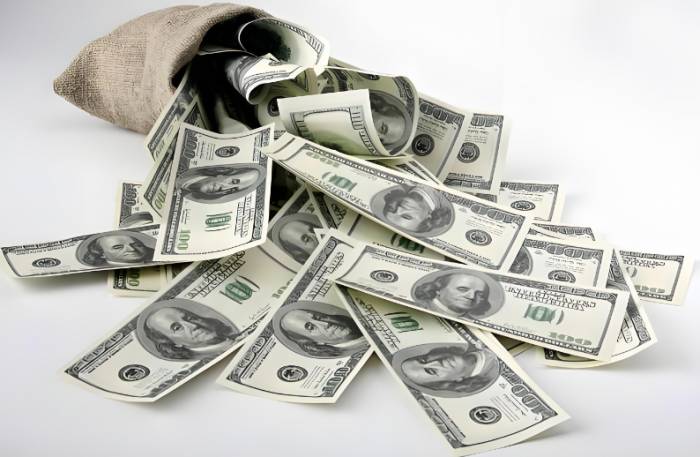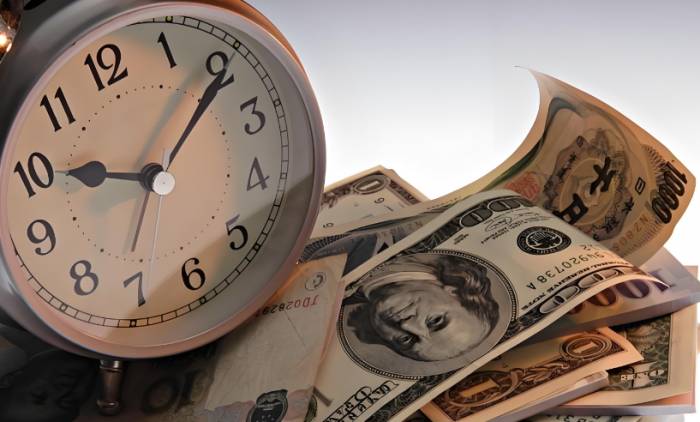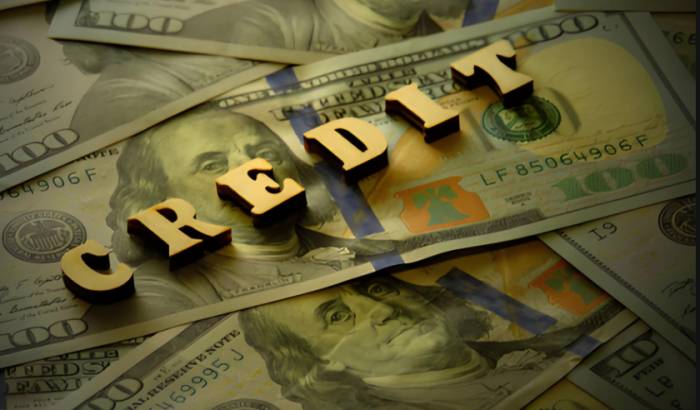The opening of a trading day in the second half of 2024.
On the morning of July 1st, the Shanghai Composite Index rose by 0.31%, closing at 2,976 points. Driven by policy support and transaction data, real estate stocks surged significantly, with the leading stock Poly Development (600048.SH) climbing 7.65% to close at 9.43 yuan.
Since reaching its peak of 3,174 points on May 20th, the A-shares have experienced the "May poor, June desperate" market trend, with the Shanghai Composite Index breaking through the 3,000-point threshold. At the beginning of the third quarter, on the morning of July 1st, real estate stocks rose sharply, leading the related industrial chain to go against the trend. Can A-shares in July, under the leadership of the real estate industry chain, perform a "July turnaround" market trend?
Looking forward to the July market, some industry insiders have expressed a relatively optimistic view. On one hand, the previous downturn in the real estate market had a limited impact on the performance of A-share listed companies, and the A-shares that broke through 3,000 points have already realized various bearish factors; looking ahead, the real estate rescue policies will be reflected in market transactions, are expected to drive the rebound of related stocks in the industrial chain, and pull up A-shares, and even drive the housing prices to warm up.
Real estate stock rebound may pull A-shares
The support from the real estate policy side has finally been reflected in the transaction data and has driven the rebound of real estate stocks.
On June 28th, the People's Bank of China announced that the Monetary Policy Committee held its second quarter meeting of 2024. The meeting emphasized the need to fully understand the new changes in the supply and demand relationship of the real estate market, to meet the new expectations of the people for high-quality housing, to focus on promoting the implementation and effectiveness of the financial policy measures that have been introduced, and to promote the stable and healthy development of the real estate market. Increase the financial support for the "market + security" housing supply system, and promote the acceleration of the construction of a new model of real estate development.
Previously, on May 17th, the real estate policy combination punch officially landed, including reducing the down payment, canceling the lower limit of mortgage loan interest rates, reducing the interest rates of housing provident fund loans, and setting up a 300 billion yuan guaranteed housing reloan. Subsequently, most cities have successively implemented the requirement that the minimum down payment for the first house is 15%, and the mortgage loan interest rate is generally reduced by 30 to 50 basis points from the benchmark.
The policy effect has also gradually appeared in the transaction data. On July 1st, data from the CRIC Research Center showed that in June, the top 100 real estate companies achieved a sales operation amount of 438.93 billion yuan, a month-on-month increase of 36.3%, and a year-on-year decrease of 16.7%.
Xuding Fund's Chief Economist Hu Yu told the First Financial reporter that after the real estate policy in the first-tier cities was relaxed, the sales data from various places showed that market confidence was effectively restored, indicating that the new policy on May 17th had a bottoming effect on the market. According to the previous valuation level of real estate stocks, calculated by the PB valuation tool commonly used for cyclical stocks, it has also reached a historical low. The market panic sentiment, accompanied by the bottoming of prices, has already fallen to the lowest historical valuation level. The strong implementation of policies has a greater role in helping the real estate industry get rid of the confidence crisis. With the bottoming and rebound of real estate sales and new start data, it is expected that real estate stocks are expected to brew a big counterattack market trend.Cinda Securities' strategy analyst, Fan Jitu, stated that the recent downturn in the real estate market has had a much lower drag on the overall ROE of the entire A-share market than expected, which will be an important prerequisite for a new bull market. The negative impact of the real estate downturn on the profits of various industries is gradually coming to an end. On February 5th this year, the overall price-to-book (PB) ratio of A-shares reached its historical lowest since 2003, but the overall return on equity (ROE) was not the lowest in history, indicating that the stock market has already priced in most of the macro pessimistic expectations quite fully.
Fan Jitu believes that the starting point of this round of real estate stock market may be the improvement of cash flow through inventory reduction by real estate companies, the acceleration point may be the stabilization and rebound of sales, and the end point may be the stabilization and rise of housing prices.
Xuanjia Fund's General Manager, Lin Jiayi, told reporters from Yicai that since the decline of A-shares after May 20th, most of the bearish factors have been realized. Based on this, the trading in July mainly reflects investors' expectations for the announcement of the semi-annual report in the next six months. Looking at the cycle, the market is always "coming and going," such as the internet and medical fields, which are expected to regain their upward momentum in the future; for real estate and finance, it is generally believed that the gradual clearing process still requires a certain amount of time.
A rebound is expected in July
Industry insiders believe that the unexpected policy side in July is also expected to bring a rebound.
Hua Jin Securities' strategy analyst, Deng Lijun, said that A-shares may experience a volatile rebound in July. On one hand, the expectations for economic and profit repair in July may rise, such as a certain rebound in the short-term growth rate of real estate sales and road freight transport on a year-on-year basis. On the other hand, the profit growth rate of A-shares in the mid-term report may improve compared to the first quarter report: looking at the profit growth rate of industrial enterprises in April and May, the base effect, and the mid-term market outlook, the improvement in profit growth rate of upstream cycles and technology manufacturing may support the overall profit growth rate of A-shares to rebound.
In addition, the impact of policies and external events in July may be positive: various meetings in July are expected to boost expectations for economic growth. Secondly, geopolitical risks such as China-US relations may remain stable in July. In terms of liquidity, looking overseas, the rise in Trump's approval rating has increased the expectation of the Federal Reserve cutting interest rates within the year; after the end of the second quarter in June, domestic liquidity in July may become loose again, according to Deng Lijun.
Hu Yu believes that there is a significant expectation gap in the policy side of July, especially as the reform dividend still has a large room for release, and the market sentiment is relatively pessimistic, which creates a significant expectation gap. Secondly, market prices, valuations, and trading volumes are all at their lowest levels since the beginning of February this year, further reflecting the low market sentiment. Considering that the US dollar's interest rate hikes are coming to an end, the space for emerging markets to be suppressed by the dollar's return flow is becoming increasingly smaller on the margin, and there is a significant opportunity for the risk premium to rebound in the future. Therefore, from the perspective of exchanging time for space, July should be worth looking forward to compared to June.
Fan Jitu believes that after the new "Nine Articles," the direct impact of the policy is to quickly improve the micro supply and demand structure of the stock market. Given that the outflow of industrial capital has been greatly reduced, even without additional funds in the future, the stock market may gradually enter a bull market as "repurchase + dividend" slowly surpasses the scale of equity financing. The long-term impact of the new "Nine Articles" is to change the interest distribution mechanism between listed companies and secondary market investors, ensure that listed companies create value for shareholders, and build a policy system that supports "long money for long investment." The valuation system of the stock market may therefore stabilize or gradually rebound.
In addition, in the short term, investors are worried about the negative impact of trade policy changes on going abroad. Fan Jitu believes that the global inventory cycle going up within a year will also have a positive impact on going abroad. These two secondary contradictions offset each other, and it is estimated that the advantage of China's going abroad brought by overseas inflation will not have too much impact. Lin Jiayi, on the other hand, said that for the manufacturing export aspect, due to external reasons such as the increase in tariffs, it is estimated that there will be a certain reflection in the performance of the third and fourth quarters.






























Comments
Join the discussion